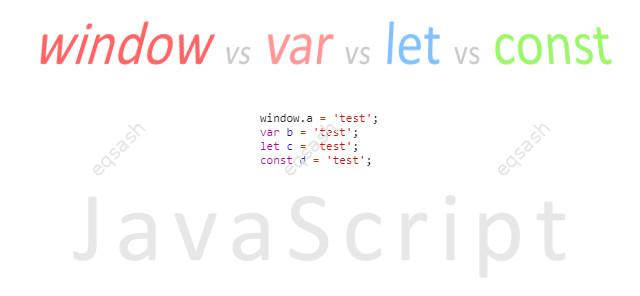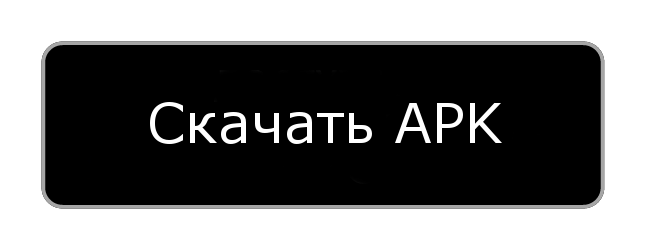What is the difference between declaring variables in JavaScript, what to choose - window, var, let, const
JavaScript allows you to declare variables in a variety of ways. This language is being improved just like everything else in the IT field. The ability to declare variables in a new way has been added to the language specification.

Initially, there were two ways to declare JS variables :
- using the window prefix , then the variable is considered global in the window scope;
- using the var keyword , the variable is available in the current scope, for example, in a function.
But the new specification adds new ways:
- the let keyword , declares a variable with limited visibility, only in the current block (the block is usually curly braces {});
- const keyword , differs from let in that a variable cannot be changed.
Above we briefly discussed how var, let, const and window differ. What to use in practice depends on the specific needs of the project, but it is important to remember that only modern browsers have let and const support . These innovations were driven by security requirements and other standards.
Some guidelines what to choose - var, let, const or window in JavaScript :
- it is always recommended to declare a variable with the smallest scope ;
- it is not recommended to use window global variables with full window scope ;
- you should try to use const if changing the variable is not expected (better performance) ;
- use let when const is not possible ;
- use var otherwise, this might be useful in some scenarios .
Latest articles
- 03.04.24IT / Уроки PHP Уроки простыми словами. Урок 3. Все операторы PHP с примерами, с выводом работы кода на экран.
- 02.04.24IT / Уроки PHP Уроки простыми словами. Урок 2. Типы данных в PHP с примерами.
- 02.04.24IT / Уроки PHP Уроки простыми словами. Урок 1. Коротко о языке веб-программирования PHP. Основы синтаксиса.
- 09.11.23IT / Database Errors when migrating from MySQL 5.6 to 5.7 and how to fix them - database dump import failed with an error or INSERT does not work. Disabling STRICT_TRANS_TABLES strict mode or using IGNORE
- 08.07.22IT / Misc Convert office files DOC, DOCX, DOCM, RTF to DOCX, DOCM, DOC, RTF, PDF, HTML, XML, TXT formats without loss and markup changes
 3227
3227